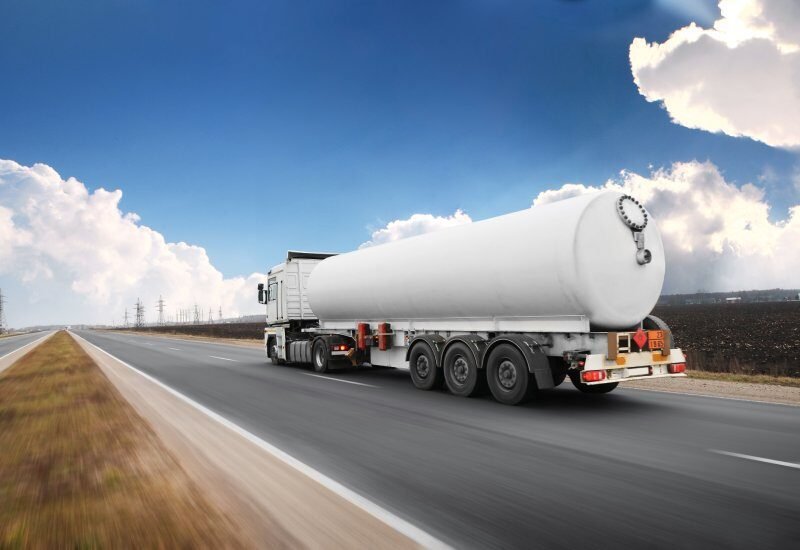Common Materials That Are Shipped in Tanker Trucks
Tanker trucks play a vital role in a variety of industries, transporting everything from everyday essentials to specialized industrial materials. These vehicles are uniquely designed to carry liquids, gases, and bulk materials efficiently and safely over long distances. Understanding what tanker trucks typically transport highlights their importance in supporting the global economy. This list explores the most common materials shipped in tanker trucks and their significance in various industries.

Chemicals
Tanker trucks often transport a wide range of chemicals crucial for industrial and manufacturing processes. Some of the most commonly shipped chemicals include sulfuric acid, hydrogen peroxide, and caustic soda. These materials are integral in producing everything from textiles to cleaning products. For instance, sulfuric acid is widely used in fertilizers and batteries, making its transportation essential for the agricultural and automotive sectors. Tanker trucks are specially equipped to handle these hazardous chemicals because they support safety features that minimize risks during transit.
Petroleum Products
Petroleum products remain one of the most commonly transported materials in tanker trucks. These include gasoline, diesel, crude oil, and jet fuel. Gasoline and diesel are essential for powering vehicles, while crude oil serves as the raw material for producing various petroleum products. Jet fuel, on the other hand, supports the aviation industry. Balancing the demand for these fuels requires a reliable transportation system, and tanker trucks excel at promptly delivering these combustible materials to gas stations, refineries, and airports.
Food-Grade Liquids
Many tanker trucks are designed with food-safe coatings to transport consumable liquids such as milk, fruit juices, vegetable oils, and even liquid chocolate. There are many strict hygiene standards in the food industry, and these specialized tankers ensure that the liquids arrive uncontaminated and safe for consumption. For example, milk is often transported in temperature-controlled tanker trucks to maintain its freshness during shipping. This capability helps food manufacturers maintain supply and meet consumer demand.
Gases
Tanker trucks also handle the transportation of various gases, including liquefied natural gas (LNG), propane, oxygen, and nitrogen. These gases are vital for industries such as energy production, health care, and manufacturing. For instance, oxygen transported in tanker trucks supports medical facilities by providing life-saving respirators. Additionally, propane is a popular fuel source for home heating, cooking, and industrial processes. Tankers designed to carry gases are built to withstand pressure changes and maintain the safety of these volatile materials.
Water
Although water transportation might seem simple, there are several scenarios where it becomes essential. Tanker trucks frequently deliver water to areas affected by natural disasters, ensuring access to clean, potable water in emergencies. Construction sites also rely on tanker trucks to transport large volumes of water for mixing concrete or dust suppression. Additionally, agricultural applications, such as irrigation in arid regions, often depend on tanker trucks to supply water to farms.
Learning more about the common materials that are shipped in tanker trucks demonstrates the diverse roles these vehicles play across industries. From chemicals and petroleum to food-grade liquids, gases, and water, tanker trucks help sustain modern life by ensuring the seamless flow of essential resources. Regular maintenance of these vehicles and their various components is vital to protect the quality of the materials they transport and minimize risks. With their versatility and reliability, tanker trucks continue to be an indispensable part of various industries worldwide.